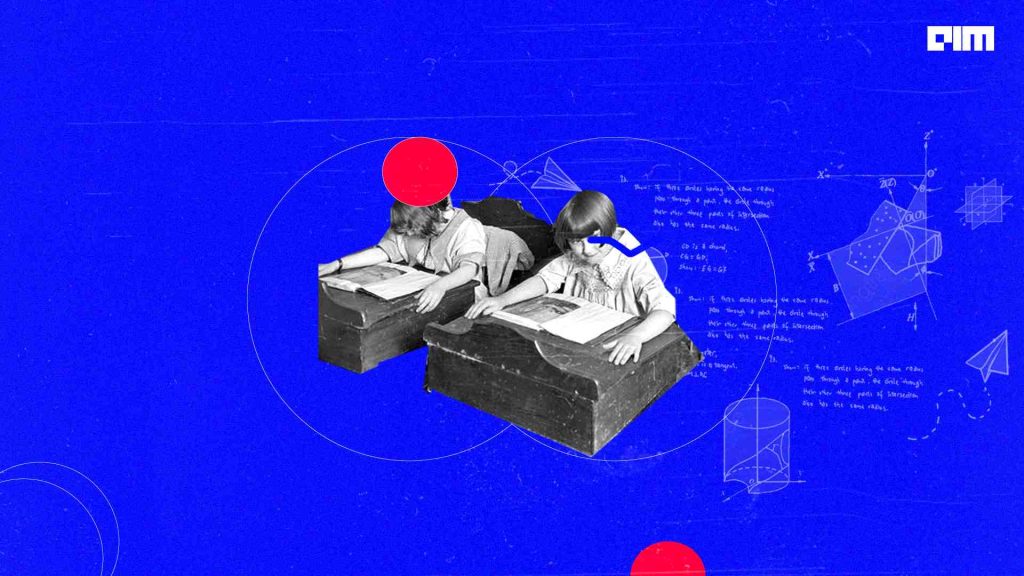CBSE has partnered with Intel and IBM to help students develop AI models under its AI 4 Youth programme. The project aims to empower India’s new generation with AI skills. Below, we take a look at three AI models developed by the CBSE students across India.
Cyber Detective
According to UNICEF and the UN Special Representative of Violence against Children, one in three young people across 30 countries have faced online bullying, and one in five have skipped school to avoid being bullied.
Rahul Jaikrishna and Kushagra Ajmeera, Class XI students of DPS (East), have developed an AI model, Cyber Detective, to address issues related to cyberbullying.
Cyber Detective uses AI and Natural Language Processing (NLP) to detect cyberbullying and inappropriate behaviour on social media platforms. The students have used a CNN-LSTM model for the project.
Cyber Detective can analyse a Twitter account’s behaviour and rate the level of harmful content.
You have to enter the account username to analyse a Twitter handle. The model can either analyse a single tweet or analyse the whole account. For ‘analyse the single tweet’ option, select one of the ten recent tweets from the account. (The model automatically displays the last ten tweets of said account once the username is entered). The model has an ‘analyse the entire account’ option to parse the lifetime engagement of a Twitter handle, including tweets, re-tweets, likes, etc.
The whole Twitter account or a particular tweet is assessed based on six parameters: Toxicity, severe toxicity, obscenity, threats, insults, and identity hatred. The final result lays out a detailed analysis in percentages and graphs and classifies an account as Good, Moderate, or a Cyber Bully.
The model also has a ‘do not have Twitter’ option to analyse text independently to screen for bullying.
Cyber Detective also allows speech inputs. The model uses Speech-To-Text technology to ‘convert the audio to text’, and analyse the text to uncover bullying patterns.
The model can be deployed on Facebook, Instagram, WhatsApp, and other messaging and social media platforms.
AI Autism Assistant
Children with Asperger’s Syndrome face difficulties in socialising. Inspired by the character Christopher Boone from the book ‘The Curious Incident of the Dog in the Night-time’, DPS (East) students, Rishabh Bezbarua and Abhroneel Ghosh, have developed an AI Autism Assistant.
Boone is on the Autism spectrum and uses emojis to convey his emotions. The AI Autism Assistant can classify a person’s emotions based on their speech and facial expressions.
The model has audio analysis, video analysis and AV analysis.
A computer-vision-based emotion detection model and NLP-based TensorFlow model analyses both audio and video feeds and predicts the emotion. The system has an easy-to-use interface to get the results at a click.
The model recognises simple emotions like happiness, sadness, anger, fear, etc. The system will help a person on the autism spectrum easily understand emotions and converse better.
The patent is pending approval. The duo plan to improve it further and put it in the market to help people with Asperger’s.
AI Medic
Rishab has also developed an AI model – AI Medic to help people get healthcare in remote locations.
AI Medic is a simple bot that can be installed in primary health centres, housing societies, complexes, and clubs etc. The bot will ask a few basic questions on the person’s symptoms. Then, based on the answers, the bot will give a diagnosis, prescribe medicines and refer a specialist for further treatment.
AI Medic, built on IBM Watson, uses the speech-to-text module to convert speech input into text. Watson Assistant gives the best answer based on the input. The code is written in Python.
Rishab has plans to improvise the AI model, get help from the government to deploy it in housing societies and clubs in remote locations.





















